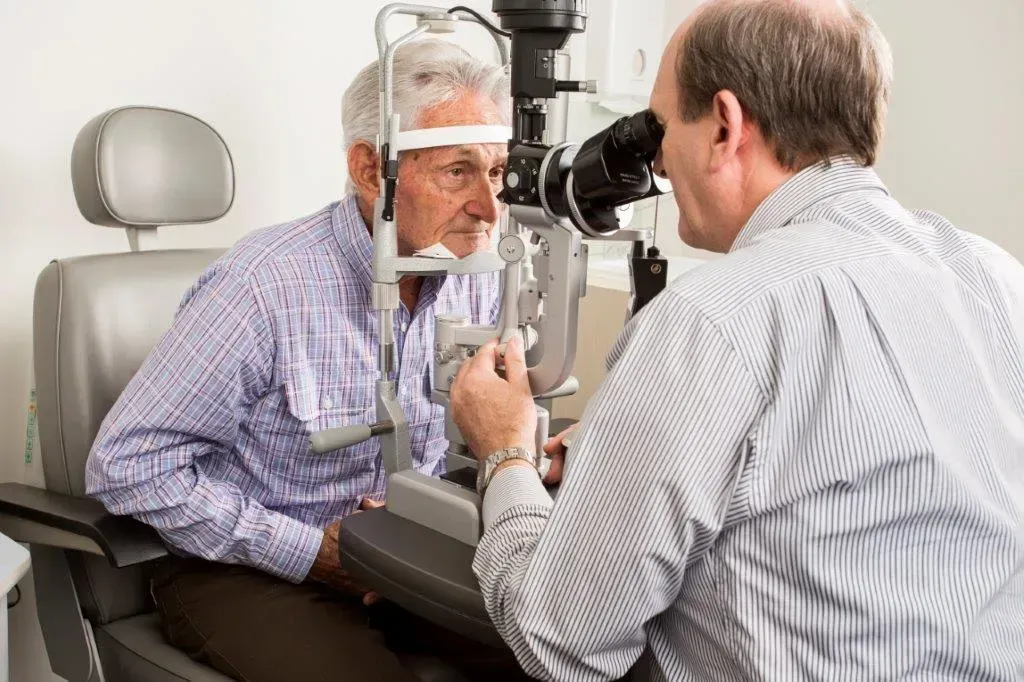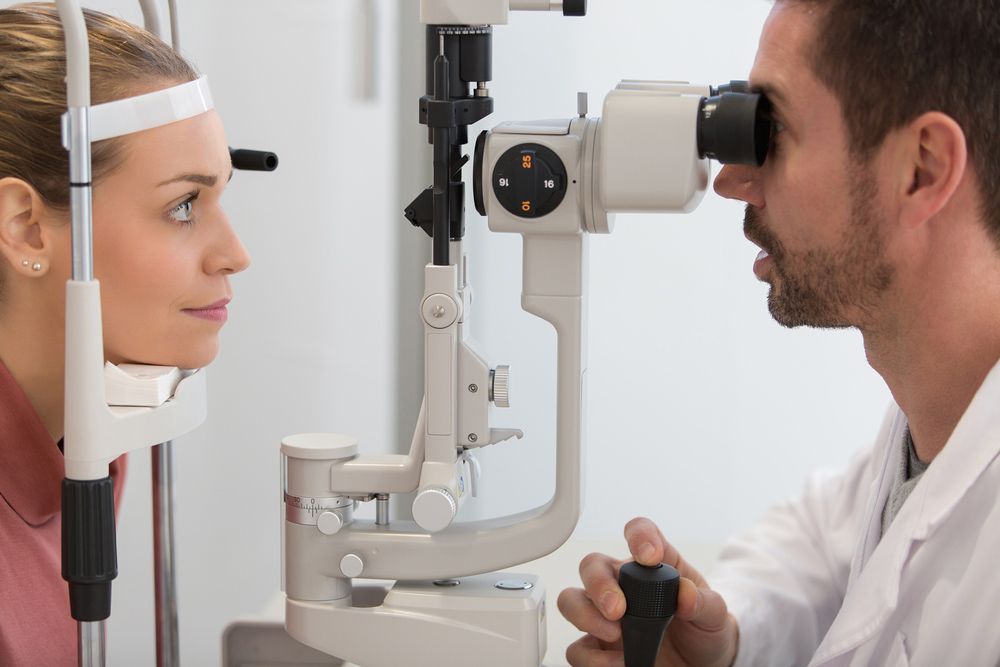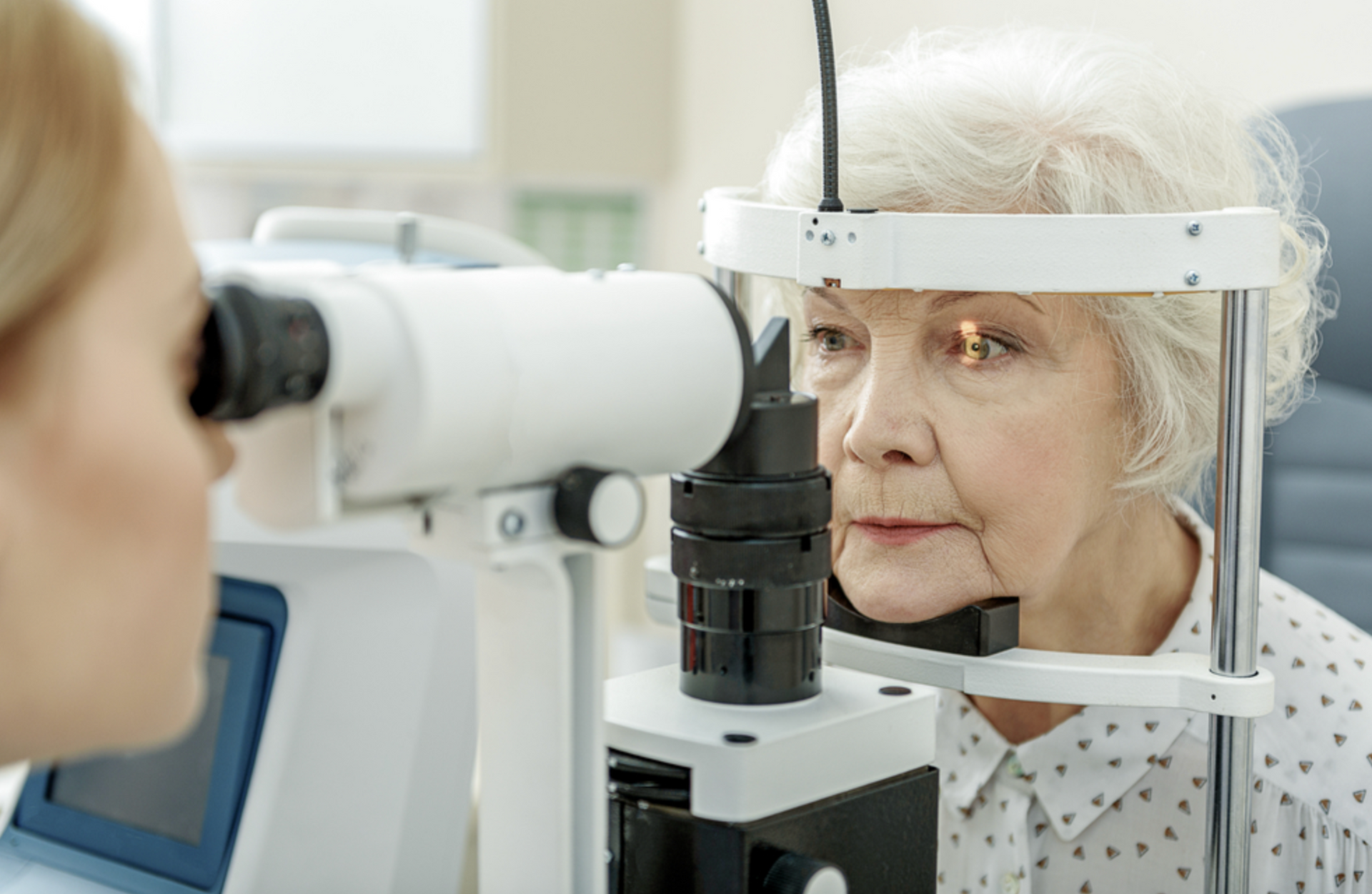Why Regular Visits to an Eye Doctor Are Important
Whether you're reading a book, working on a computer or enjoying a day outdoors, your eyes are constantly at work. However, many of us don't realise how important it is to take care of our eyes until we start experiencing problems. Regular visits to an eye doctor can help maintain eye health, detect potential issues early and preserve our vision. In this blog, we'll explore why these visits are considered crucial.
Potential Health Benefits of Regular Eye Exams
Visiting an eye doctor regularly may help you with the following:
• Detecting Chronic Diseases: Eye exams may reveal signs of systemic conditions such as diabetes, high blood pressure and high cholesterol.
• Monitoring Eye Health: Regular check-ups can help track changes in eye health, enabling timely intervention for any developing issues.
• Identifying Vision Problems: Routine exams aim to address vision problems and reduce strain.
• Promoting Eye Safety:
Eye doctors can provide advice on protecting eyes from UV rays, blue light and other environmental hazards.
The frequency of eye exams can differ depending on factors such as age and overall health. It is generally advised to visit an ophthalmologist annually. However, certain health conditions may require more frequent visits.
Conditions Detected Early Through Eye Exams
Eye exams may help detect several conditions, including:
Glaucoma
Glaucoma may not show symptoms until significant damage has occurred. During a comprehensive eye exam, the eye doctor can measure intraocular pressure and examine the optic nerve for signs of glaucoma.
Diabetic Retinopathy
Diabetic retinopathy is a condition where high blood sugar levels can cause damage to the blood vessels in the retina. Early detection through eye exams can help prevent severe vision impairment by enabling timely treatment and blood sugar management.
In addition to these, eye exams may help detect
cataracts,
macular degeneration and other eye-related conditions at an early stage. Consistent examinations can also allow for the ongoing management of these issues.
The Role of Ophthalmologists
Ophthalmologists often have access to advanced diagnostic tools that can help detect subtle changes in eye health. These tools can allow for a more detailed assessment of eye conditions, providing a clearer understanding of a patient’s eye health.
Additionally, they can help develop treatment plans for complex eye conditions. Ophthalmologists may also offer surgical intervention and comprehensive care for a wide range of eye health needs.
Need an Eye Doctor?
At 130eye, we offer a range of services, from routine eye exams to treatments for conditions such as cataracts, macular degeneration, glaucoma and diabetic retinopathy. If you are experiencing any changes in your vision or have concerns about your eye health, we are here to help. Call us to book a consultation with our eye doctor in Townsville.



